Hurricane Melissa has led to at least 50 deaths across the Caribbean as of Friday afternoon. It has now weakened into a post-tropical cyclone, veering eastward away from the Americas. In its wake, the storm carved a massive swath of destruction across Jamaica, Haiti, and Cuba as it lashed the region with howling winds and torrential downpours. For Jamaica, Melissa was the strongest hurricane the island had experienced on record when it made landfall on Tuesday with winds at 185 miles per hour, putting it firmly in Category 5.
According to Dana Morris Dixon, Jamaica's minister of education, skills, youth, and information, "We have never had a Category 5 hurricane in our country." The Category 5 designation is reserved for the most intense hurricanes, with sustained winds of 157 miles per hour or higher. Hurricane Melissa's winds were significantly stronger, making it an extraordinary threat even in a season that felt unusually quiet.
The storm's unusual characteristics can be attributed to several factors. Firstly, Hurricane Melissa was a late-season storm, which is rare in the Caribbean. Typically, the hurricane season in the region peaks in September and October, but Hurricane Melissa formed in late October, making it one of the latest storms to affect the area. Secondly, the storm's trajectory was unusual, taking it directly over Jamaica and Haiti, causing widespread destruction and loss of life.
Furthermore, Hurricane Melissa's rapid intensification was a key factor in its destructive power. The storm strengthened from a Category 1 to a Category 5 in just 24 hours, making it one of the fastest-intensifying hurricanes on record. This rapid intensification was likely due to a combination of warm ocean waters and a favorable atmospheric conditions.
As the storm continues to move eastward, officials are warning of potential flooding and landslides in the affected areas. The full extent of the damage is still being assessed, but it is clear that Hurricane Melissa has left a devastating impact on the region.
In the aftermath of the storm, experts are warning of the increasing threat of extreme weather events due to climate change. "Hurricane Melissa is a stark reminder of the dangers of climate change," said Dr. Maria Rodriguez, a climate scientist at the University of the West Indies. "As the planet continues to warm, we can expect to see more intense and frequent extreme weather events, including hurricanes."
As the region begins to recover from the storm, officials are urging residents to remain vigilant and take necessary precautions to prevent further damage. The full extent of the damage and the number of casualties are still being assessed, but one thing is clear: Hurricane Melissa has left a lasting impact on the Caribbean.
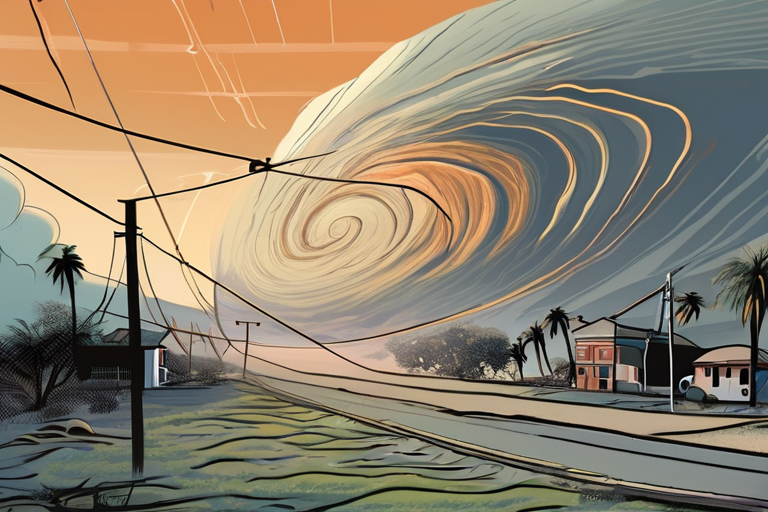


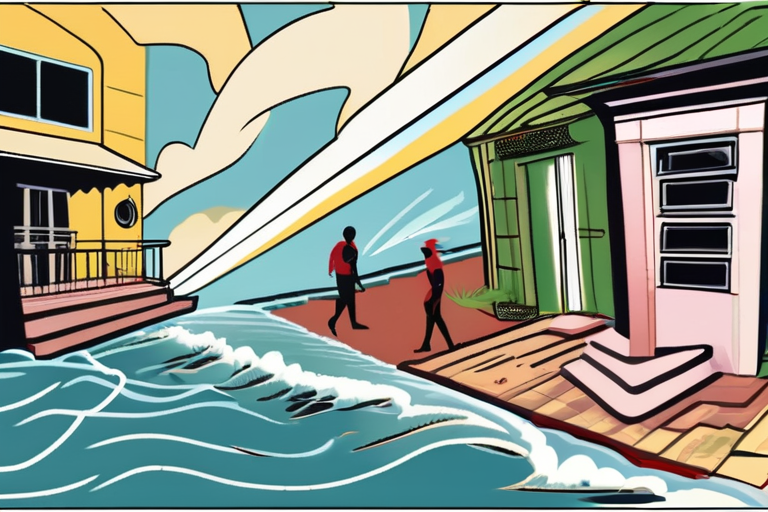
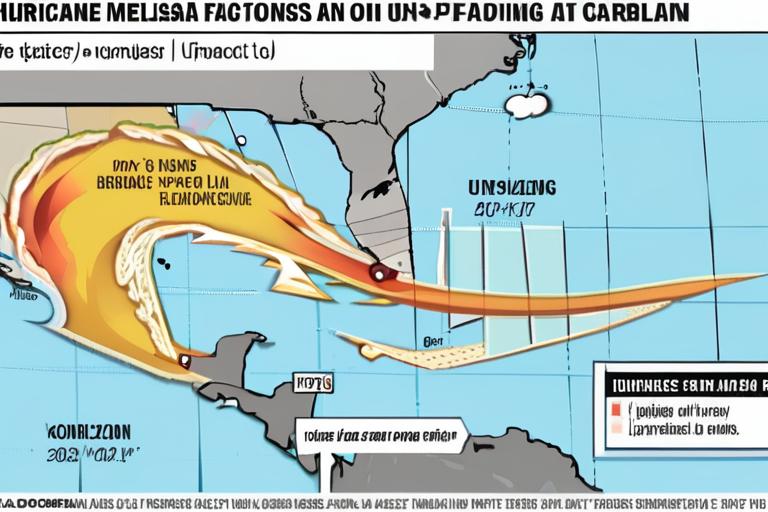
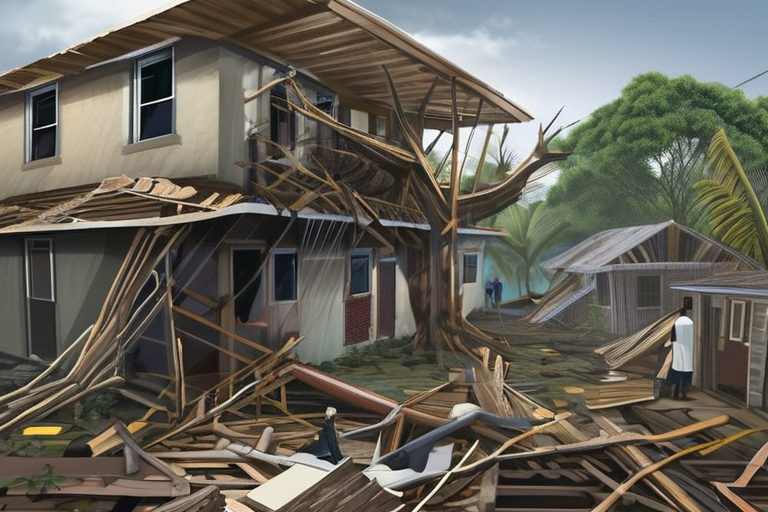
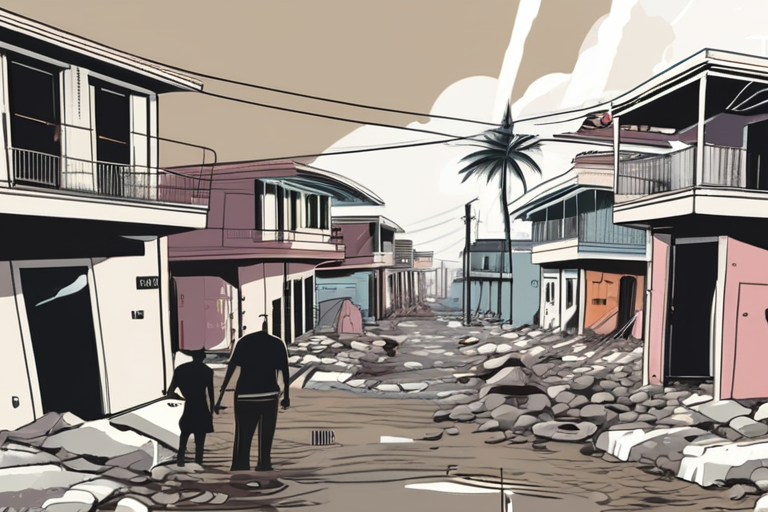

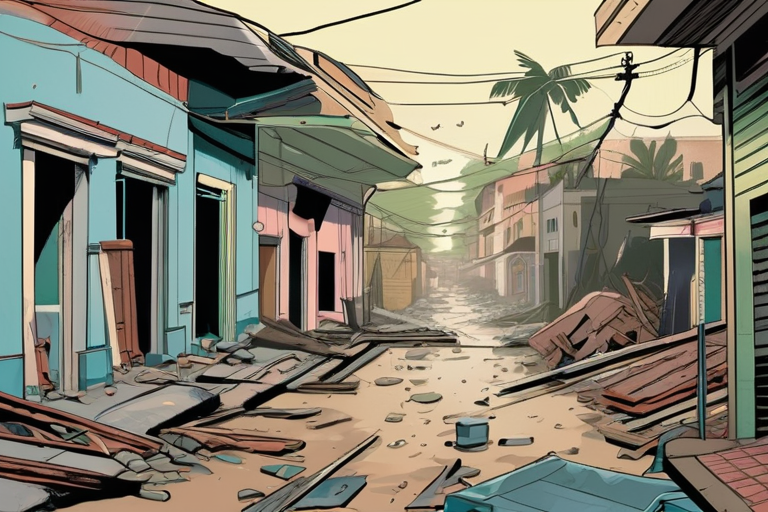

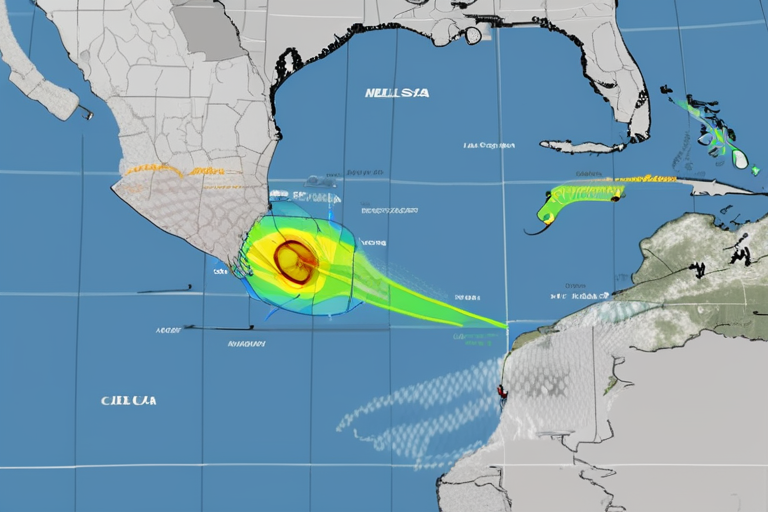
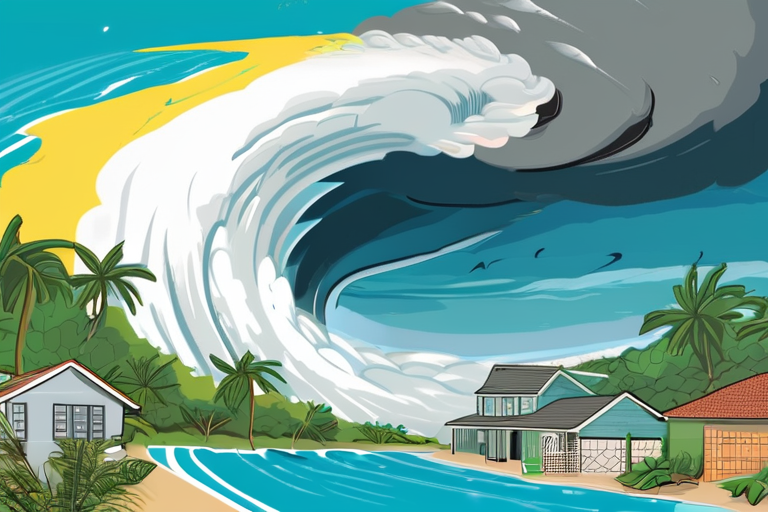

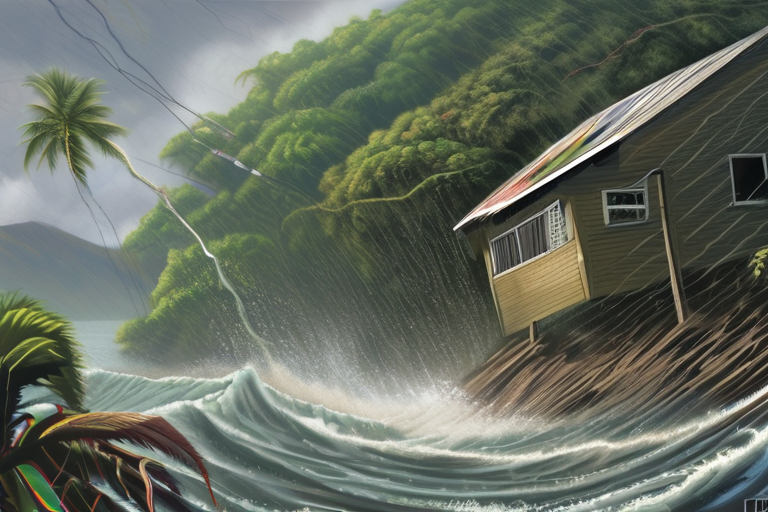

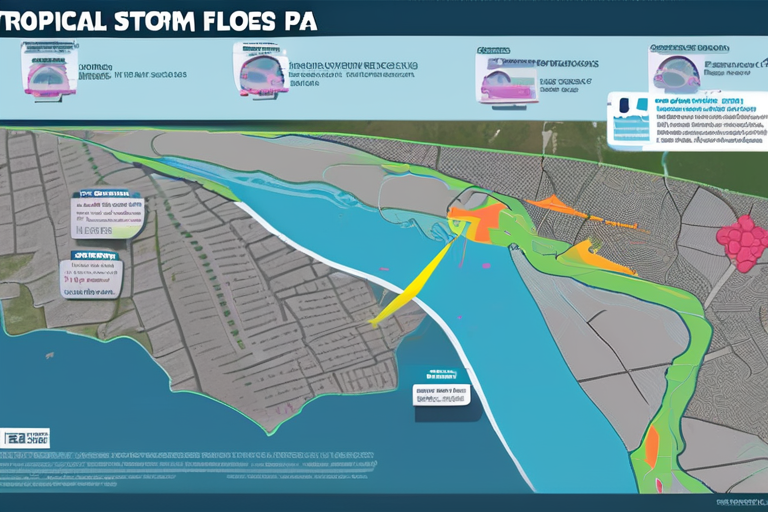
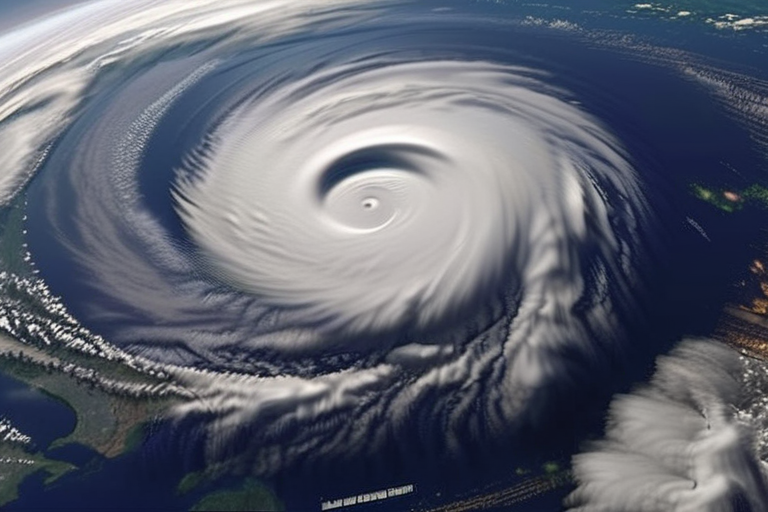
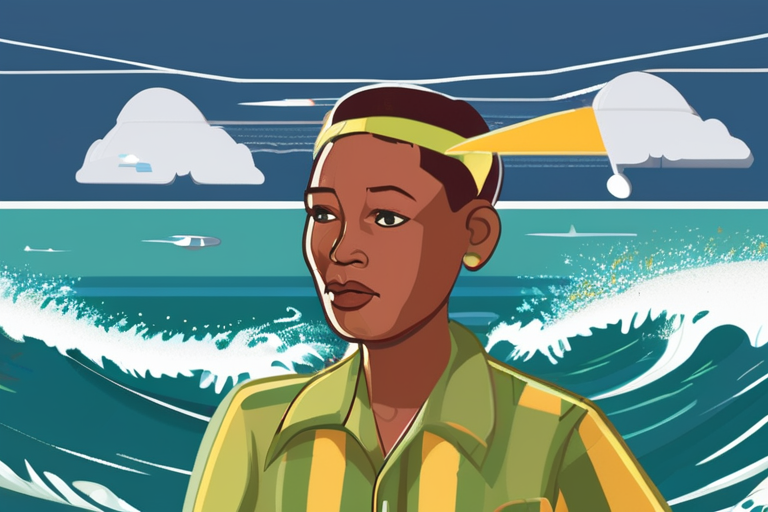
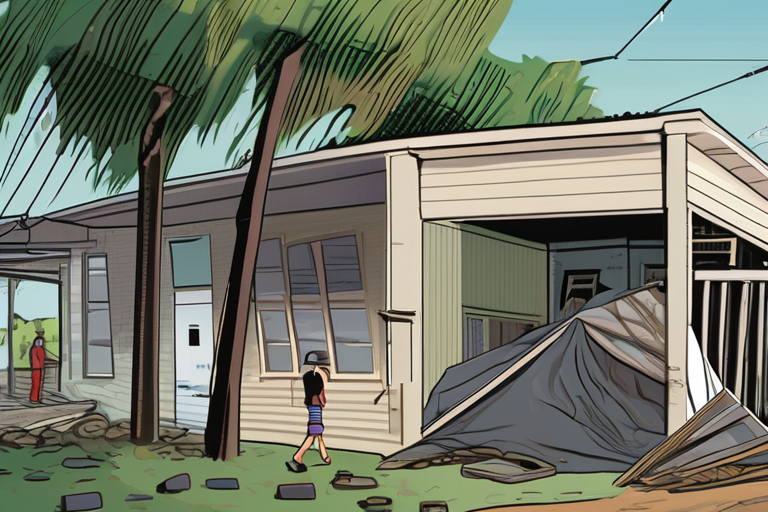
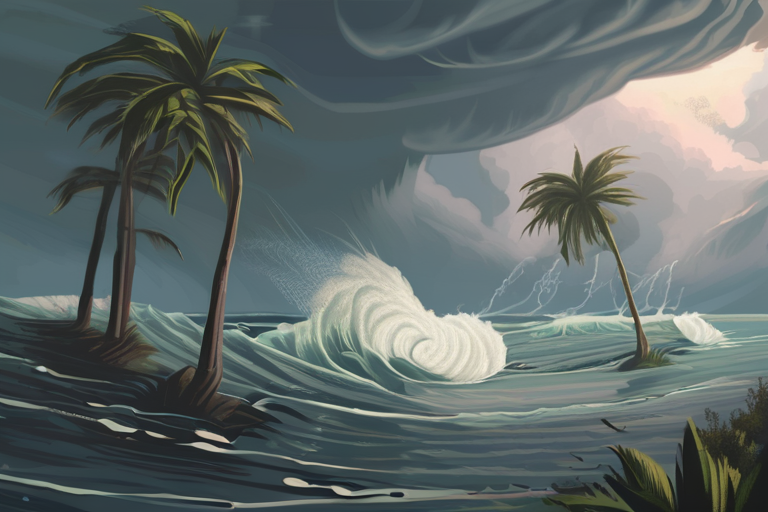
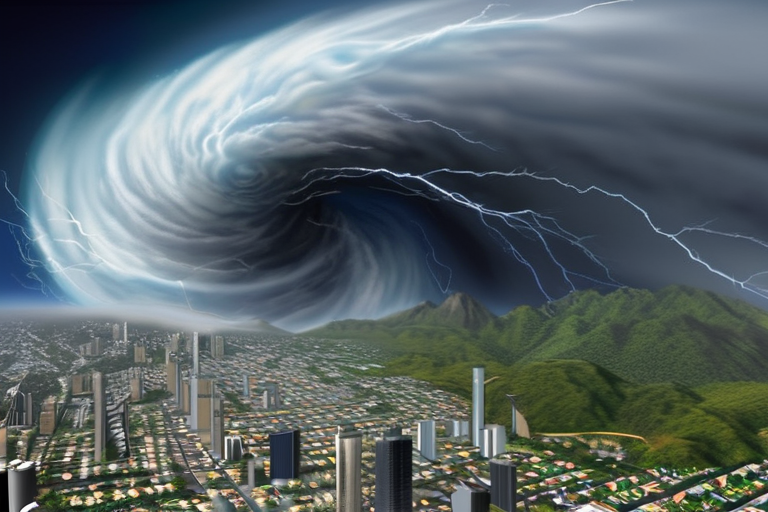
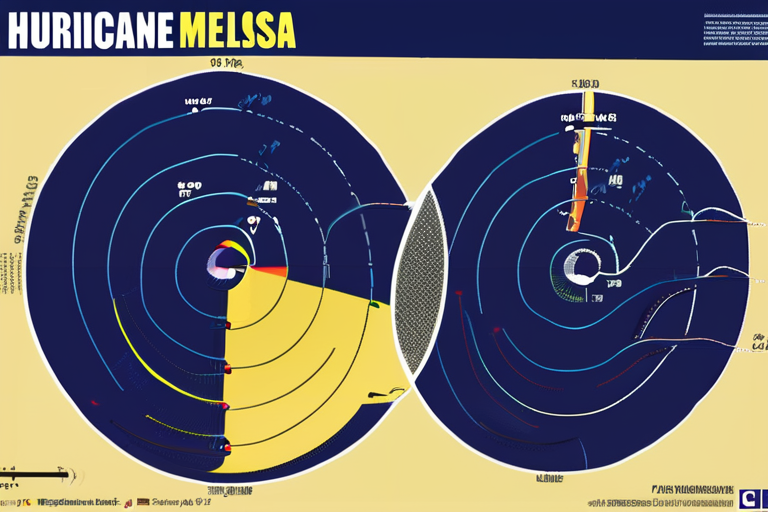
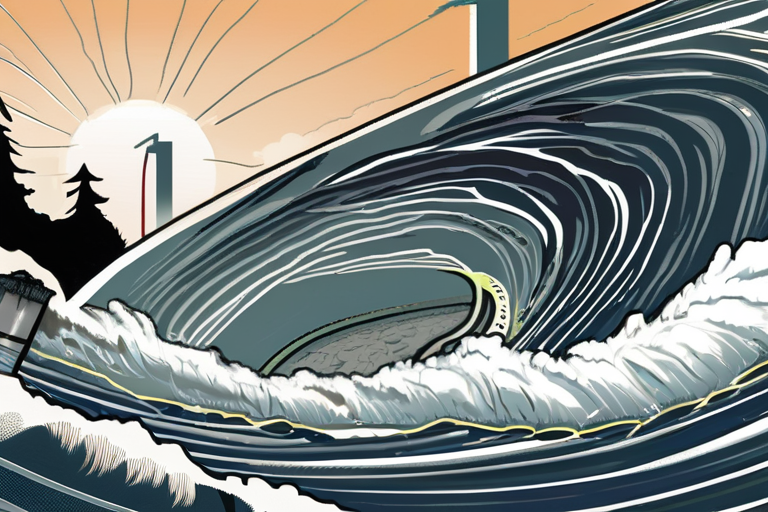
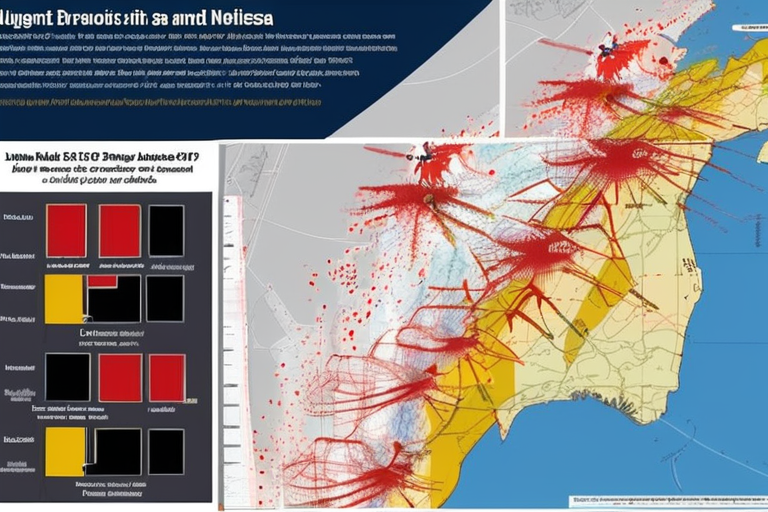
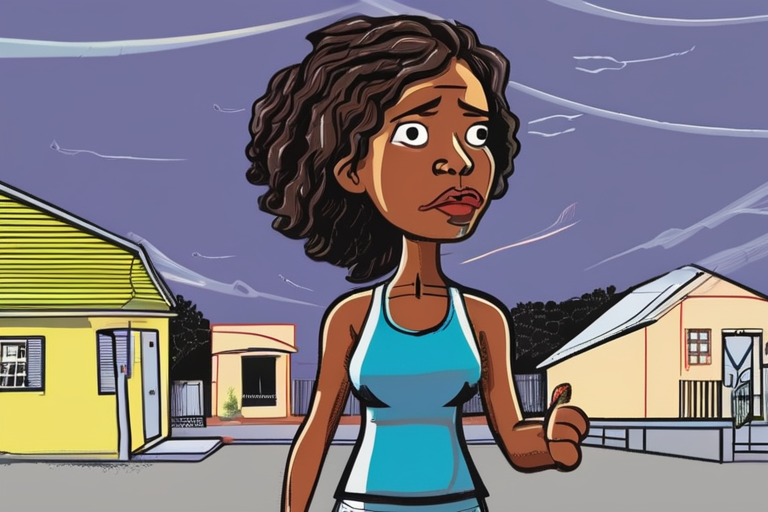
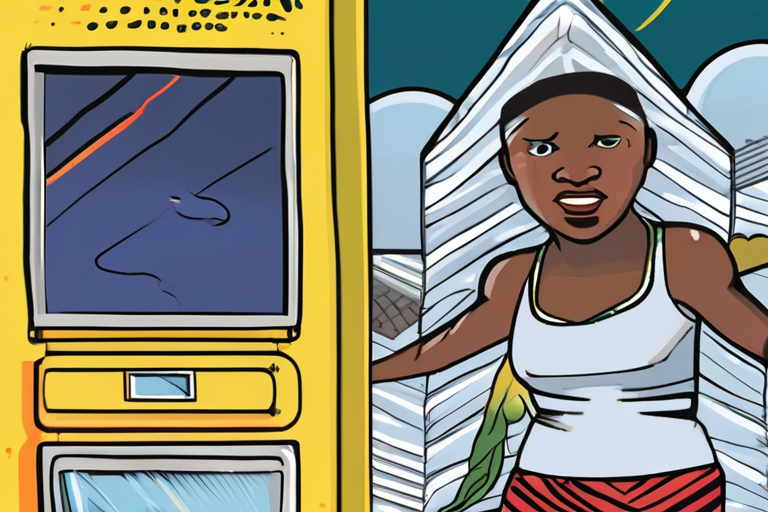
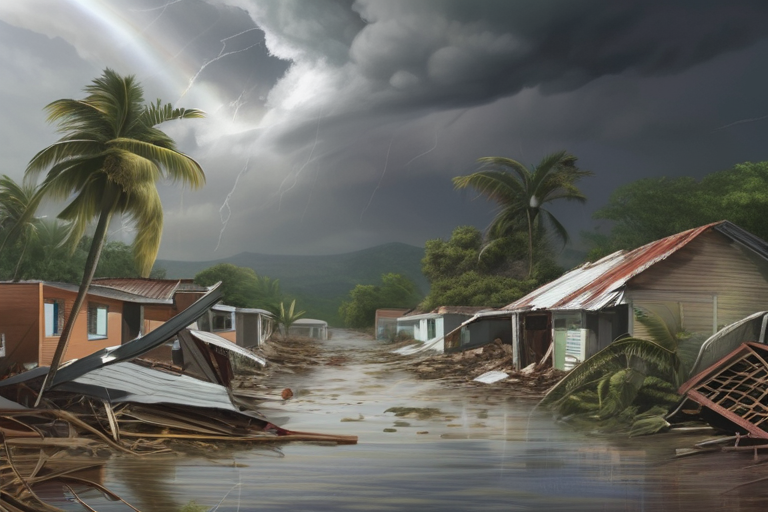
Share & Engage Share
Share this article